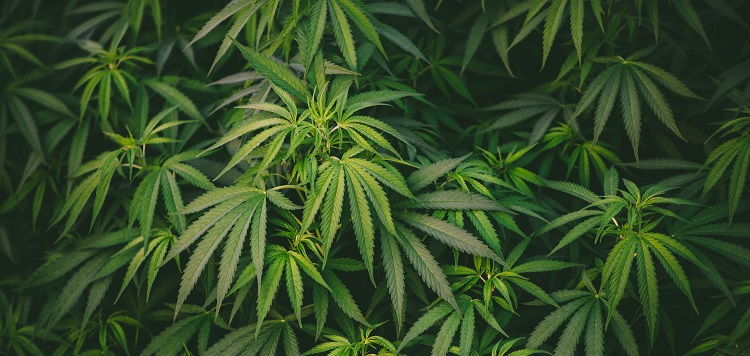On March 31, 2021, the Marijuana Regulation and Taxation Act became effective in New York State, legalizing recreational marijuana for adults 21 years and older. The law also prohibits employers from drug testing for marijuana, except where mandated by federal law. The Act presents opportunities and challenges for businesses as they navigate employment policies regarding drug use. This article examines New York’s marijuana legalization and its implications for employers, particularly with regards to drug testing.
Legalization of Marijuana in New York State and Prohibition of Employer Drug Testing
The New York State’s Marijuana Regulation and Taxation Act permits the use, possession, and purchase of up to three ounces of marijuana by individuals aged 21 and older. The Act also outlines the legalization of cannabis growing, distribution, and sale. However, it prohibits employers from drug testing for marijuana as part of pre-employment screening or random drug testing.
New York’s Legal Activities Law and the Impossibility of Marijuana Drug Testing
New York’s Lawful Activities Law provides that employers may not discriminate against individuals for lawful off-duty conduct, including the use of cannabis. Therefore, employers cannot discriminate against employees or applicants based on a failed marijuana drug test that is not federally mandated. Since marijuana stays in the body long after the effects have worn off, it is not possible to determine an individual’s current level of impairment through a drug test alone.
New York Department of Labor Guidance on Marijuana Drug Testing
In October 2021, the New York Department of Labor (NYDOL) issued guidance clarifying the legality of drug testing for marijuana. The guidance stated that employers may drug test for marijuana if there are “articulable symptoms of impairment,” but employers may not take adverse employment action based solely on a positive drug test result. The NYDOL also noted that a positive test does not indicate current impairment and should not be relied upon solely to take action against an employee.
Exceptions to New York’s marijuana drug testing prohibitions
The prohibition on marijuana drug testing in New York does not apply to federally mandated testing. Employers in industries regulated by federal law, such as the U.S. Department of Transportation, must comply with federal regulations regarding drug testing. Additionally, employers with federal contracts that require drug testing must continue to test employees for marijuana.
Employer Prohibitions on On-Duty Use and Possession of Marijuana
While New York State allows the private use of marijuana, employers may still prohibit employees from using or possessing marijuana on the job. The use of marijuana during work hours or while operating company equipment can significantly impact workplace safety and productivity. Employers must clearly outline their policies regarding marijuana use and possession while on duty to avoid confusion.
Addressing Marijuana Impairment During Work Time
It’s important for employers to be able to identify and address employee impairment related to marijuana use on the job. However, since drug tests cannot determine current impairment, it is difficult to determine if an employee is currently impaired. Employers should establish procedures to address instances of suspected marijuana usage during work hours or impairment while on duty. This may include, among other things, observing, testing, or evaluating the employee’s behavior, or other job-related performance factors.
The Limitations of the Smell of Marijuana as an Impairment Indicator
The smell of marijuana is no longer sufficient to indicate current impairment under New York’s Marijuana Regulation and Taxation Act. An employee could have used marijuana legally in their free time, and there may still be a residual odor on their clothing or in their car. Employers need to follow the October 2021 guidance from the NYDOL regarding testing for articulable symptoms of impairment rather than relying on the smell of marijuana alone as an indicator of impairment.
Lack of exceptions for safety-sensitive jobs or industries
New York’s statute provides no exceptions for safety-sensitive jobs or industries, where an employee’s impairment can present significant danger to themselves, their co-workers, or the public. Employers should keep a keen eye on this issue and consider other measures they can use to ensure workplace safety for all workers.
The legalization of marijuana in New York has changed the employment landscape for businesses. Employers should review their policies related to drug and alcohol testing, both pre-employment and random, to ensure compliance with New York’s Marijuana Regulation and Taxation Act. Employers should also update their drug and alcohol policies to include clear, detailed language regarding their expectations and limitations related to marijuana use and possession on the job.
As businesses navigate these changes, they should take into account the considerations outlined above, including limitations in testing for marijuana, enforcement of policies regarding on-duty marijuana use and impairment, and safety concerns. The NYDOL’s recent guidance on this issue may be helpful in this regard. With a clear strategy in place, employers can confidently address marijuana use, possession, and impairment in the workplace while looking to the future.

